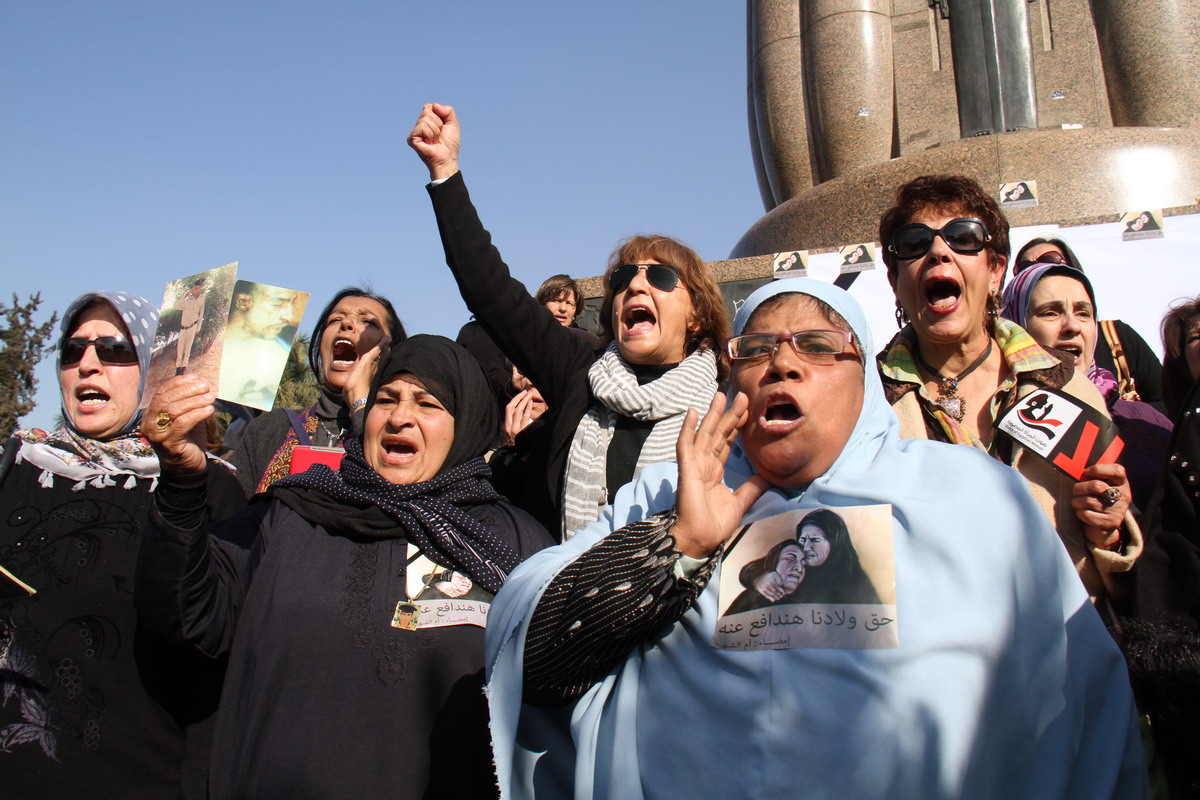CAIRO: UN Secretary General Ban Ki-moon has stated that more needs to be done to halt the incessant and ongoing violence in Iraq.
The secretary general was speaking at the launch of the International Compact with Iraq in Sharm El-Sheikh where representatives from numerous countries have gathered to discuss solutions for Iraq.
“There is no doubt that more must be done to bring a halt to the ongoing violence in Iraq, the brunt of which is being borne by innocent civilian, Ki-moon said, “beyond the terrorist attacks and sectarian violence, a humanitarian crisis is stretching the patience and ability of ordinary people to cope with everyday life.
In other news from the conference in Sharm El-Sheikh US Secretary of State Condoleezza Rice was due to have met with Syrian Foreign Minister Walid Muallem Thursday. Talks were expected to center on security matters in Iraq.
Muallem had previously said in April to the Washington Times that he was willing to meet Rice if it will help alleviate tensions in the region. “Of course I ll meet her, if she wants to meet me, he had said.
Ki-moon believes that international cooperation is key for easing the simmering tensions in Iraq.
“Iraq is at a critical juncture. Political solutions are essential to building the foundations for a peaceful and prosperous country, he said, “as I saw for myself during my recent visit to Baghdad, Iraq faces immense challenges. We cannot leave Iraq on its own to cope with them.
The Sharm El-Sheikh conference kicked off May 3, and hosts representatives from Iraq’s neighbours, the five permanent members of the UN Security Council and the Group of Eight.
Diaa Rashwan from Al Ahram Center for Political and Strategic Studies is was not optimistic about the success of the conference when contacted by The Daily Star Egypt.
“It’s a summit about internal Iraqi security only, which is an off-shoot of the main issue. There will be no discussions on how long the foreign troops will stay, or whether there will be a timetable for their withdrawal. Therefore the summit is not addressing the core of the problem in Iraq, Rashwan said.

